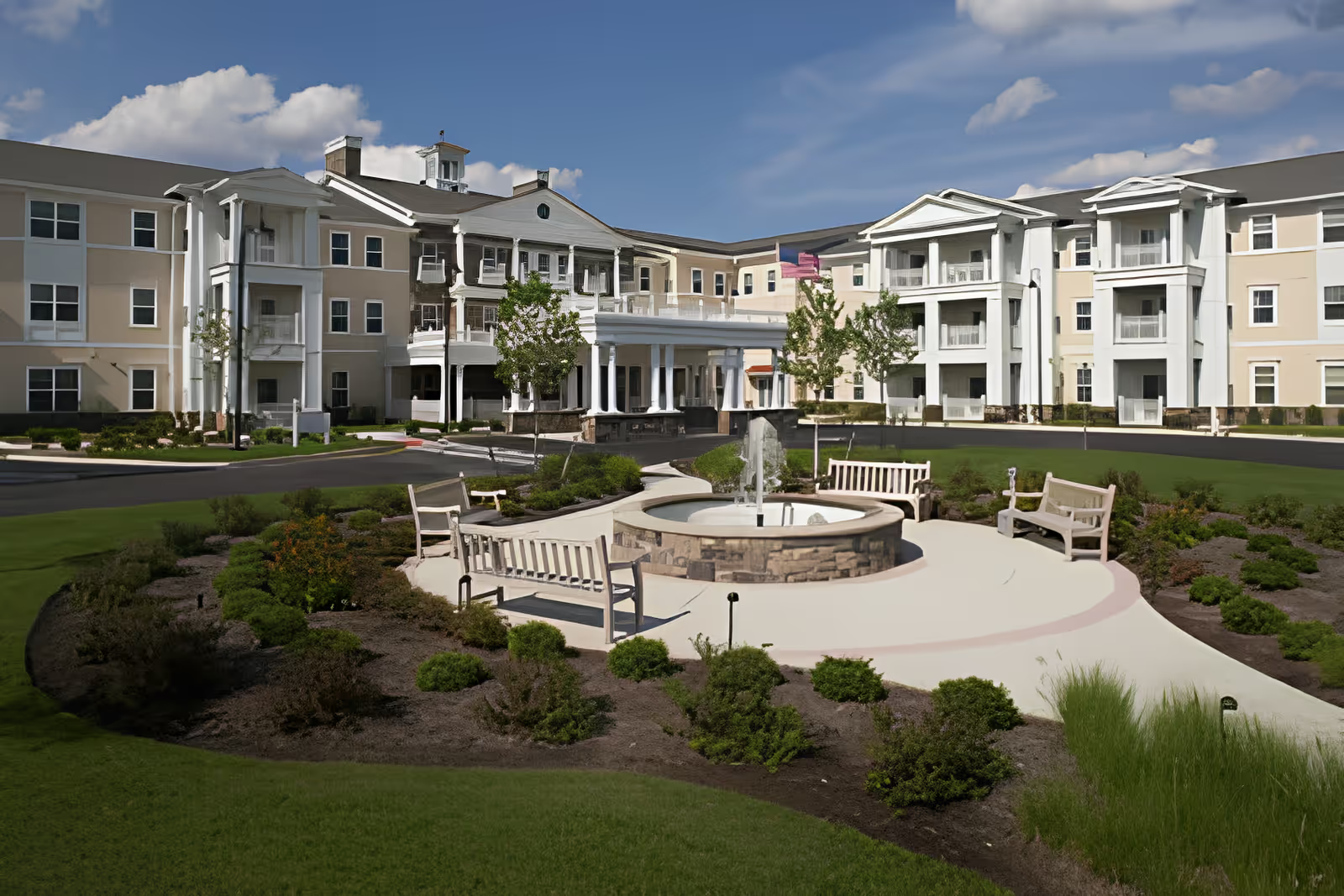Overall sentiment across the reviews for Benchmark at Rye is highly polarized: a substantial number of families and professionals report exceptional, compassionate, hands-on care in a beautiful, well-appointed facility, while an equally significant set of reviews describe serious operational, safety, and management problems that led to harm or relocation of residents. Many reviewers praise individual caregivers, therapists, activity staff and kitchen staff who go above and beyond, creating a family-like atmosphere, personalized attention, strong rehabilitation services, and thoughtful end-of-life care. At the same time, recurring themes of understaffing, high turnover, medication errors, hygiene lapses, and billing disputes create a pattern of concern that appears to have intensified or fluctuated with management and staffing changes.
Care quality and clinical safety are the most divided topics. Positive reviews highlight attentive nurses and aides who know residents by name, promptly address concerns, and provide dignified, loving care — including outstanding support in residents' final weeks. Reviewers commonly mention excellent one-on-one moments (holding hands, washing hair, extra assistance) and the presence of competent PT/OT teams and responsive medical staff. Conversely, many reviews describe inconsistent care: missed medications or incorrect prescriptions, lack of continuity of care across shifts, failure to share medical information with staff, and, in several accounts, clinically serious mistakes. There are multiple reports of inadequate diabetes management, medication misadministration, and COVID-related deaths, which families attribute to systemic failures rather than isolated incidents.
Staffing and management emerge as core drivers of both the positive and negative experiences. When staffing is stable and leadership engaged, reviewers report a warm community, improved dining and activities, and quick resolution of issues. However, a persistent complaint is extremely high staff turnover, frequent use of agency staff unfamiliar with residents, and periodic leadership instability (multiple executive directors and a fired director of nursing). These dynamics correlate with reports of poor training for dementia care, aides who are afraid of residents or hide, and short night shifts with only two LNAs and no RN coverage — circumstances that reviewers say led to residents being left unattended, locked in rooms at night, or found in soiled clothing. Some families explicitly say that new management has made improvements (kitchen turnaround, new activities manager), while others report declines after management changes.
Safety, hygiene, and dignity-related issues are recurring and serious. Several reviews document residents being left in urine- or feces-soaked clothes and linens, feces found on furniture, and toileting care failures sometimes tied to policies that add high monthly charges for incontinence supplies. Reviewers also describe alarming practices such as allegedly “doping” residents to keep them in rooms and allowing residents with severe behavioral issues to remain despite prior removals from other facilities. Reports of locked rooms, lack of monitoring for wandering residents, and delayed responses to medical equipment needs (e.g., long delays for hospital beds) further underscore safety concerns. At the same time, numerous families report the facility as clean, safe, and bright, pointing to a split in operational consistency across shifts and time periods.
Dining and activities produce mixed feedback. Many reviewers praise the chef, fresh homemade meals, accommodating menus with two meal options, and an improved kitchen under new leadership. Activity programs are regularly described as engaging, creative, and resident-focused, with a robust schedule of physical and cognitive activities. Yet other families report declining food quality (watered-down juices, poorer consumables), missed meals due to staffing issues, lack of evening activities, and overly group-focused programming that lacks individualized attention for residents who need side activities or 1:1 engagement.
Communication, billing, and administrative transparency are another area of mixed reports. Several families commend responsive directors who provide frequent updates, use FaceTime, and follow through on concerns. In contrast, other reviews accuse the administration of not being truthful, failing to notify families about hospital transports, withholding medical records or DNRs, improper billing, sudden and steep fee increases, and disputes over refunds and extra charges (particularly for incontinence supplies). These financial and transparency issues have led some families to feel the community prioritizes profit over residents’ well-being.
Memory-care suitability is frequently questioned. While the facility’s design, courtyard and many staff are consistently described as memory-care–friendly and comforting for residents with mild to moderate cognitive impairment, multiple reviewers say Benchmark at Rye is not equipped or sufficiently trained to handle high-dementia or violent cases. Reports of aides lacking dementia-specific training, inadequate strategies for behavioral management, and instances where residents required transfer or families moved them elsewhere are repeated enough to be a clear pattern.
Patterns and actionable takeaways: reviews indicate a center of excellence when staffing is stable and leadership is engaged, with notable strengths in individual caregiver compassion, therapy services, and communal spaces. However, persistent operational weaknesses — high turnover, night staffing shortages, medication and hygiene failures, and administrative opacity — have produced harm and distress for some families. Prospective residents and families should: (1) meet current day and night staff and ask about RN coverage and use of agency staff, (2) request written policies on medication administration, toileting/incontinence charges, and behavioral management, (3) verify recent inspection or investigation outcomes related to safety or infection control, (4) ask for recent care plans and examples of dementia-specific training, and (5) clarify all fee schedules and procedures for refunds and transfers.
In summary, Benchmark at Rye elicits strong praise for its individual caregivers, environment, and certain administrative periods, but also serious, recurring concerns about safety, continuity of care, staffing, and billing practices. The balance between these positives and negatives appears closely tied to staffing stability and leadership decisions; families report markedly different experiences depending on timing, unit staffing, and management engagement. Thorough, up-to-date due diligence and ongoing monitoring by families are advisable for anyone considering placement here.







